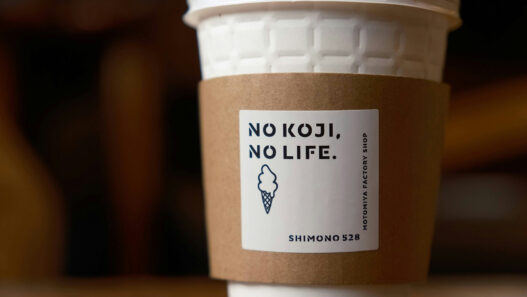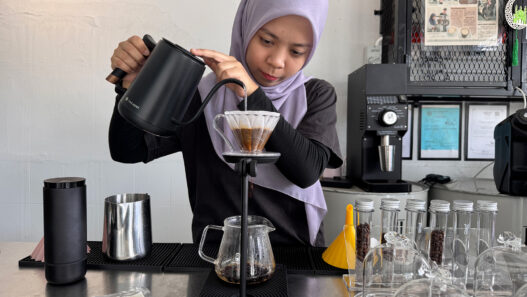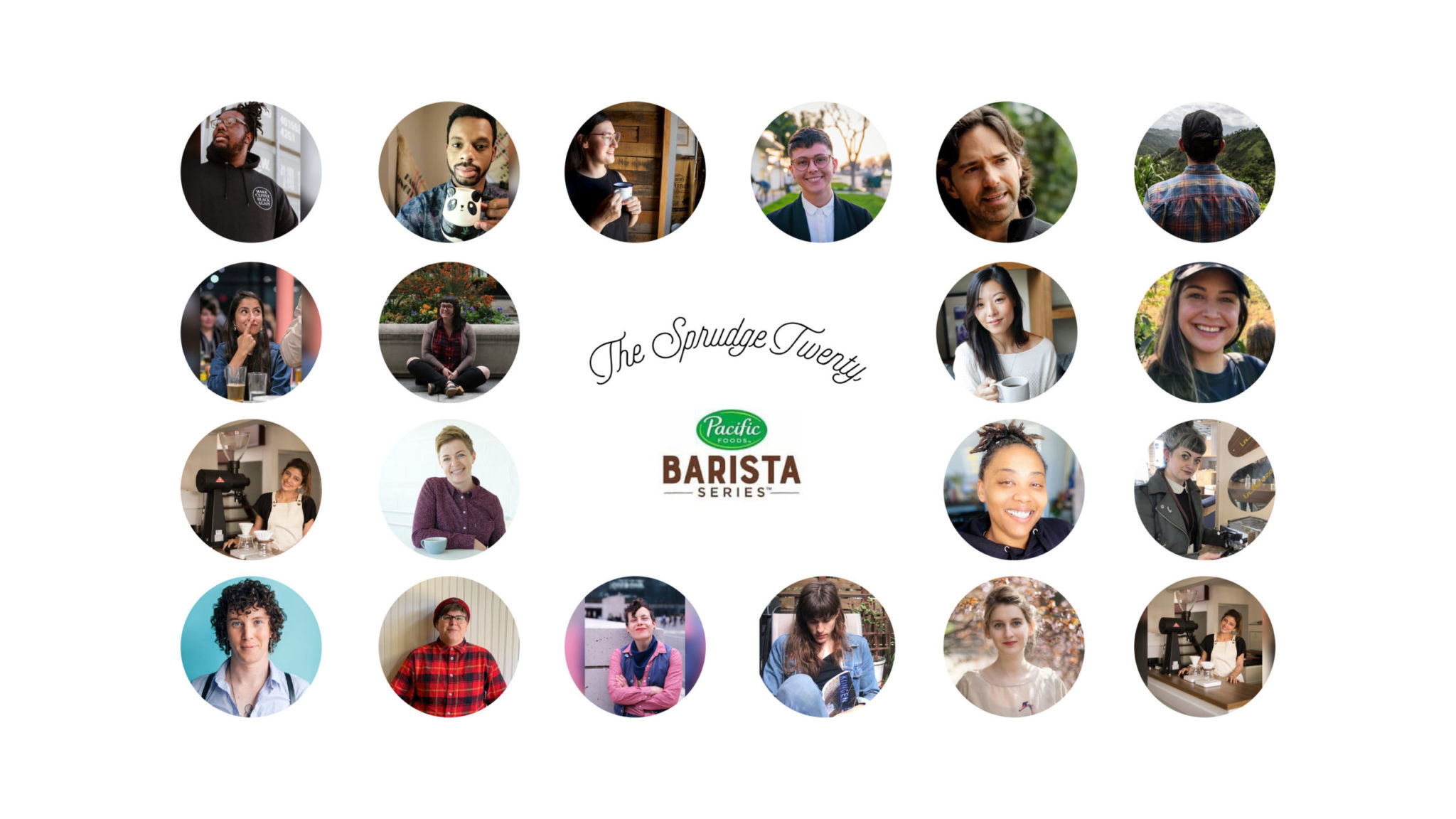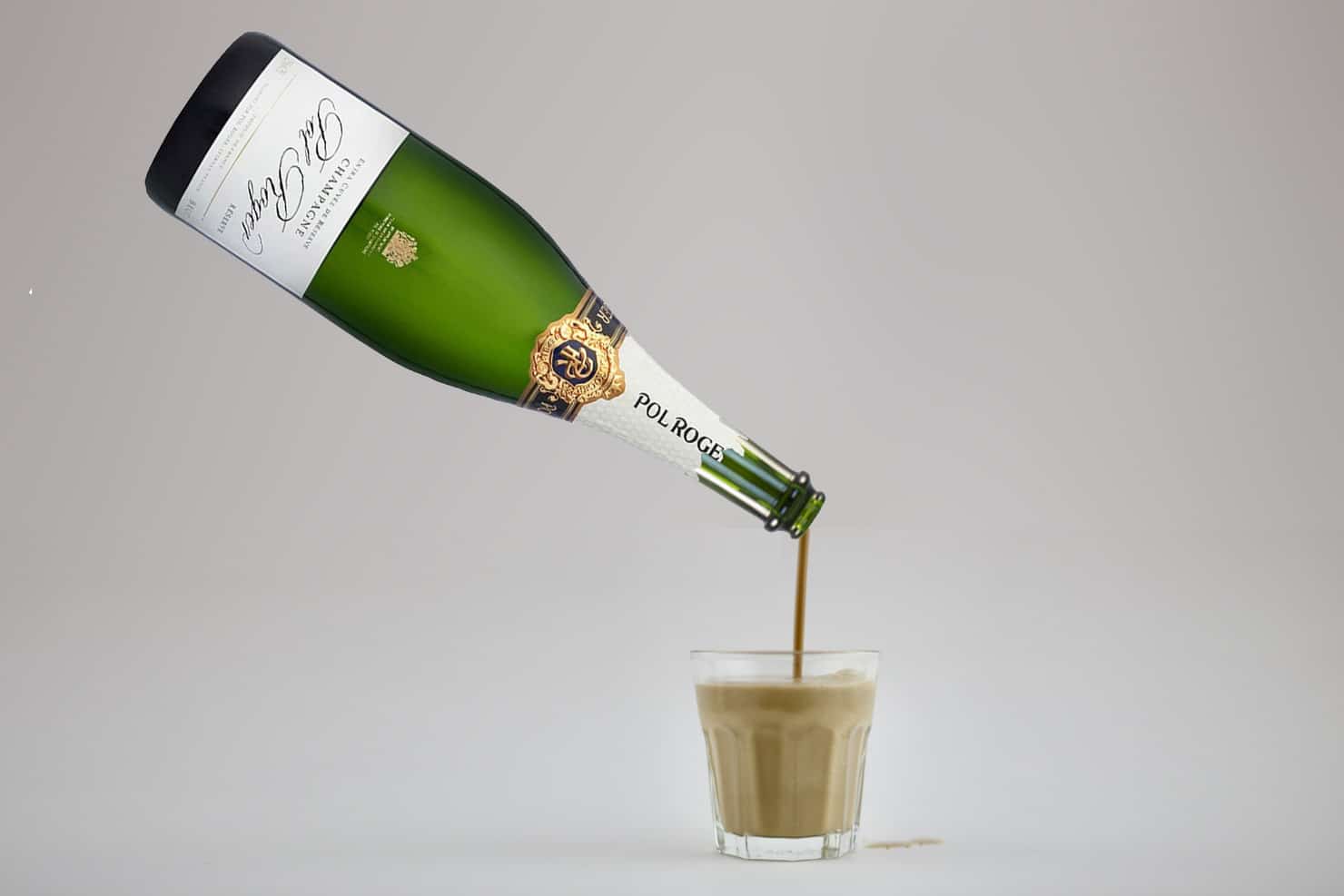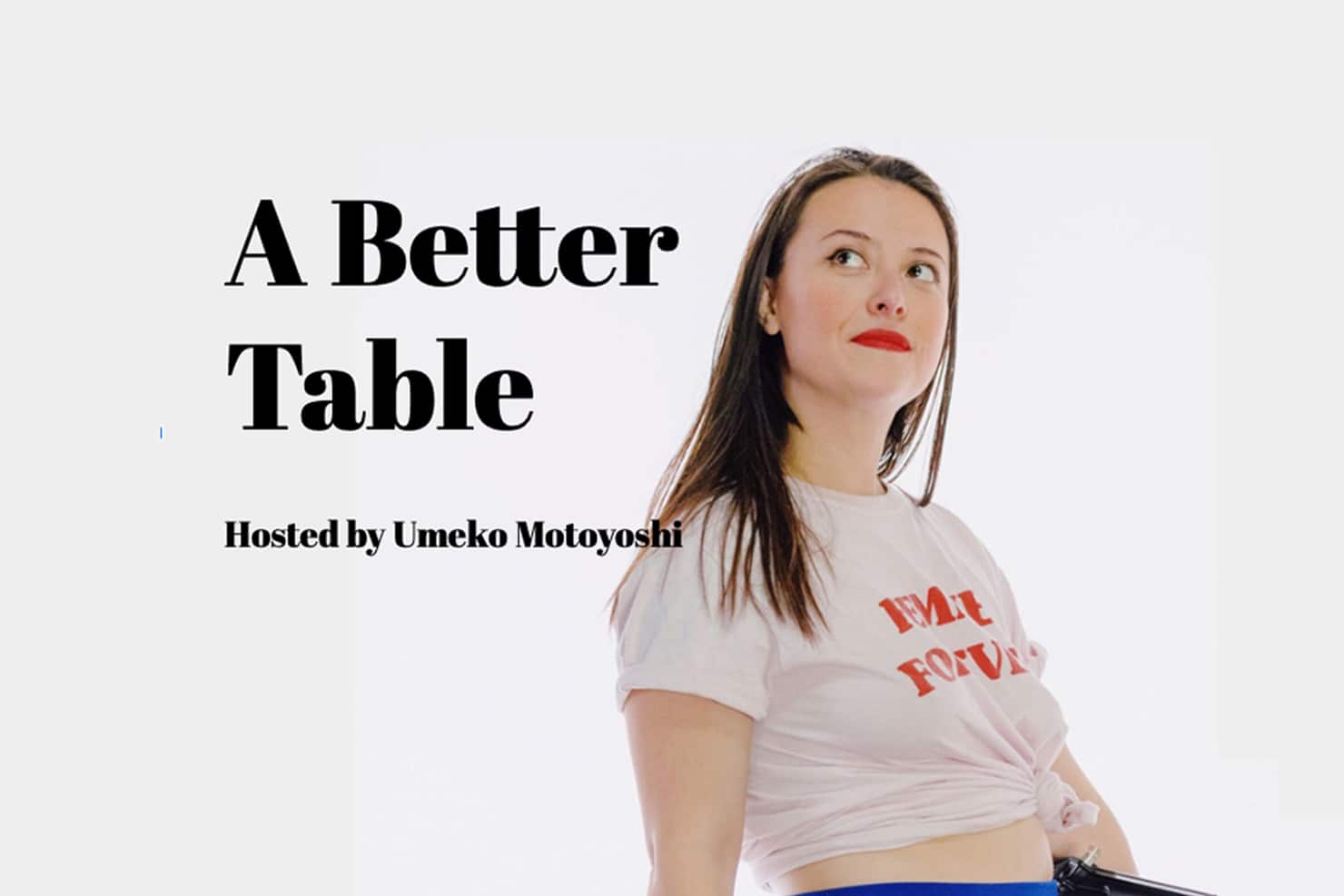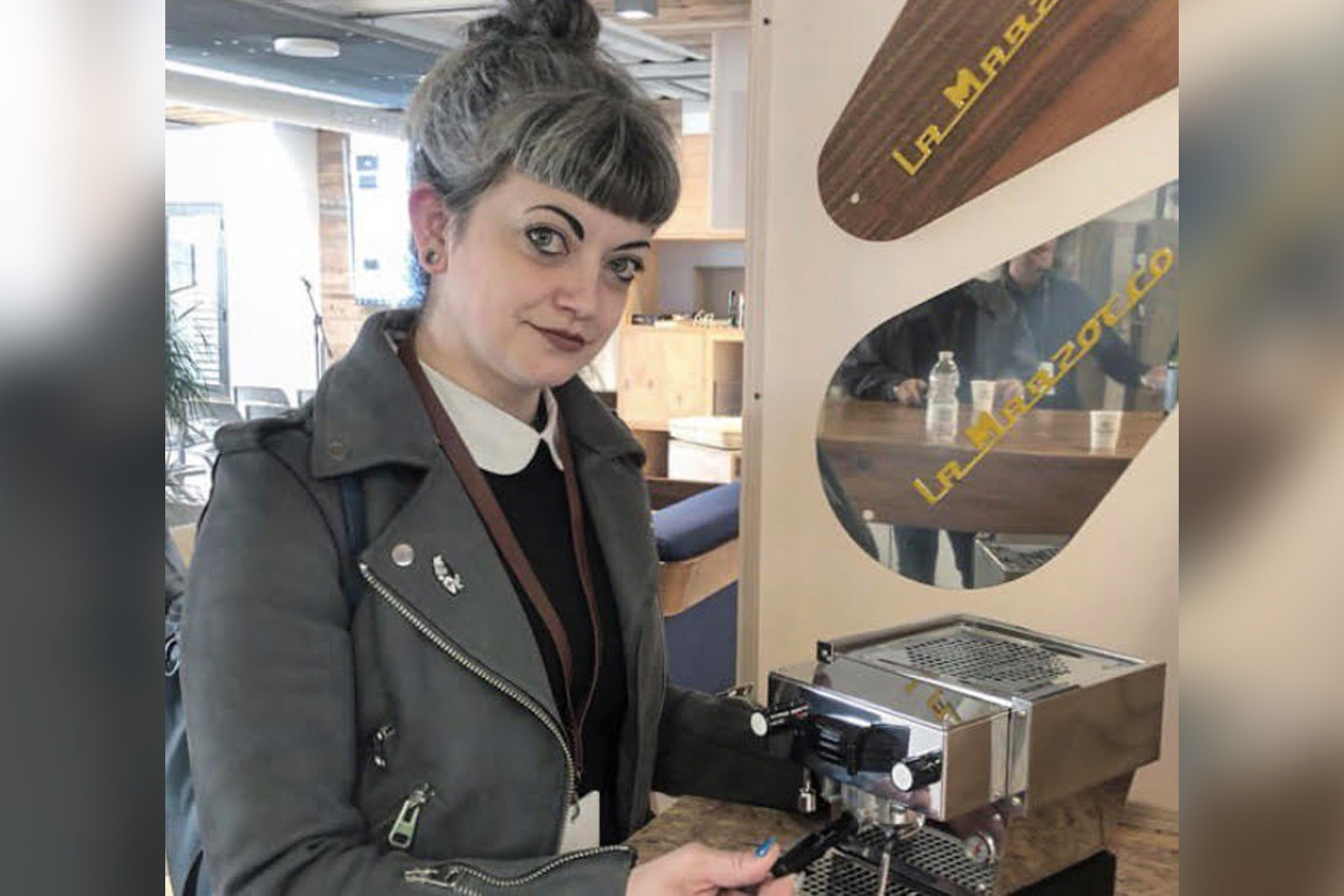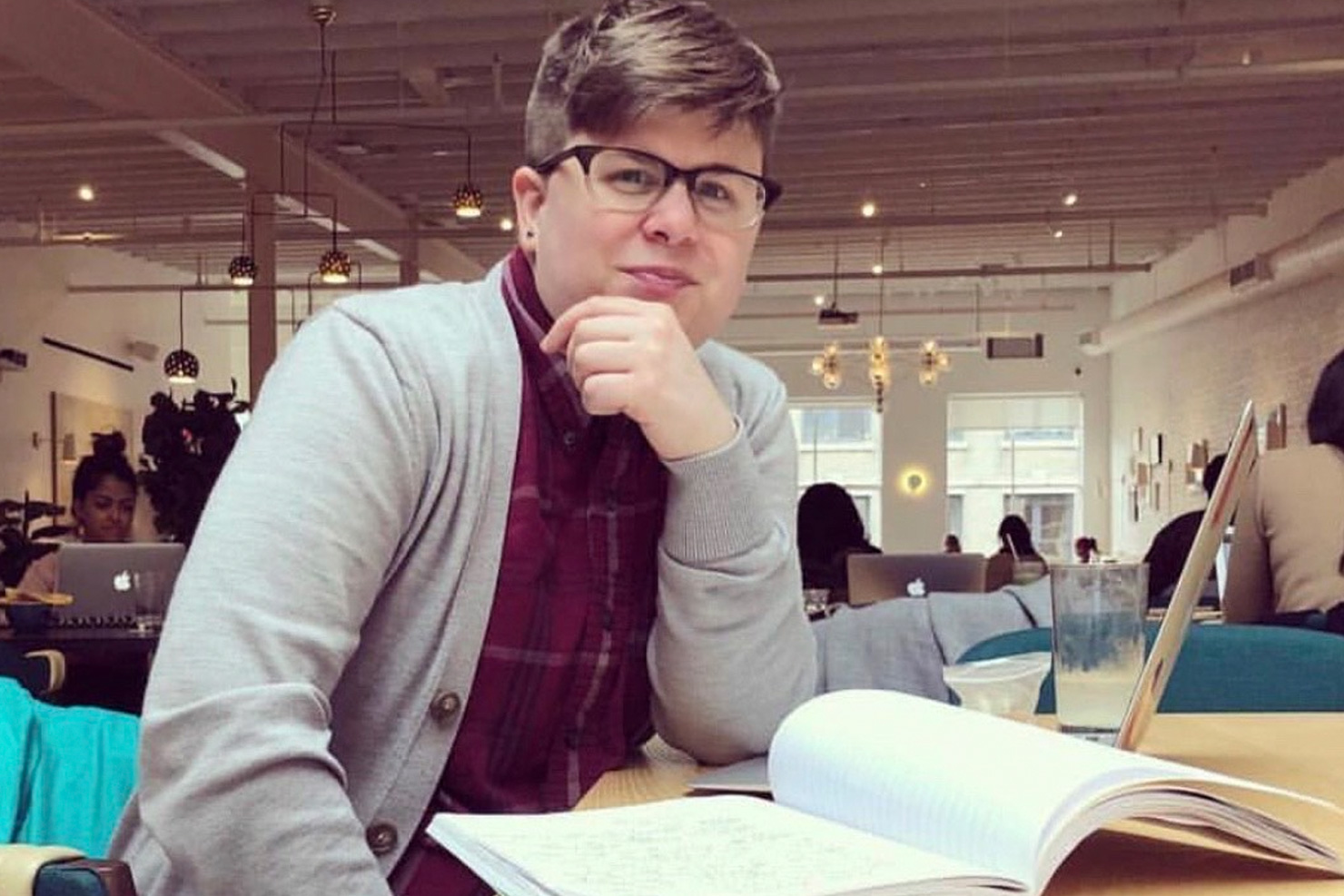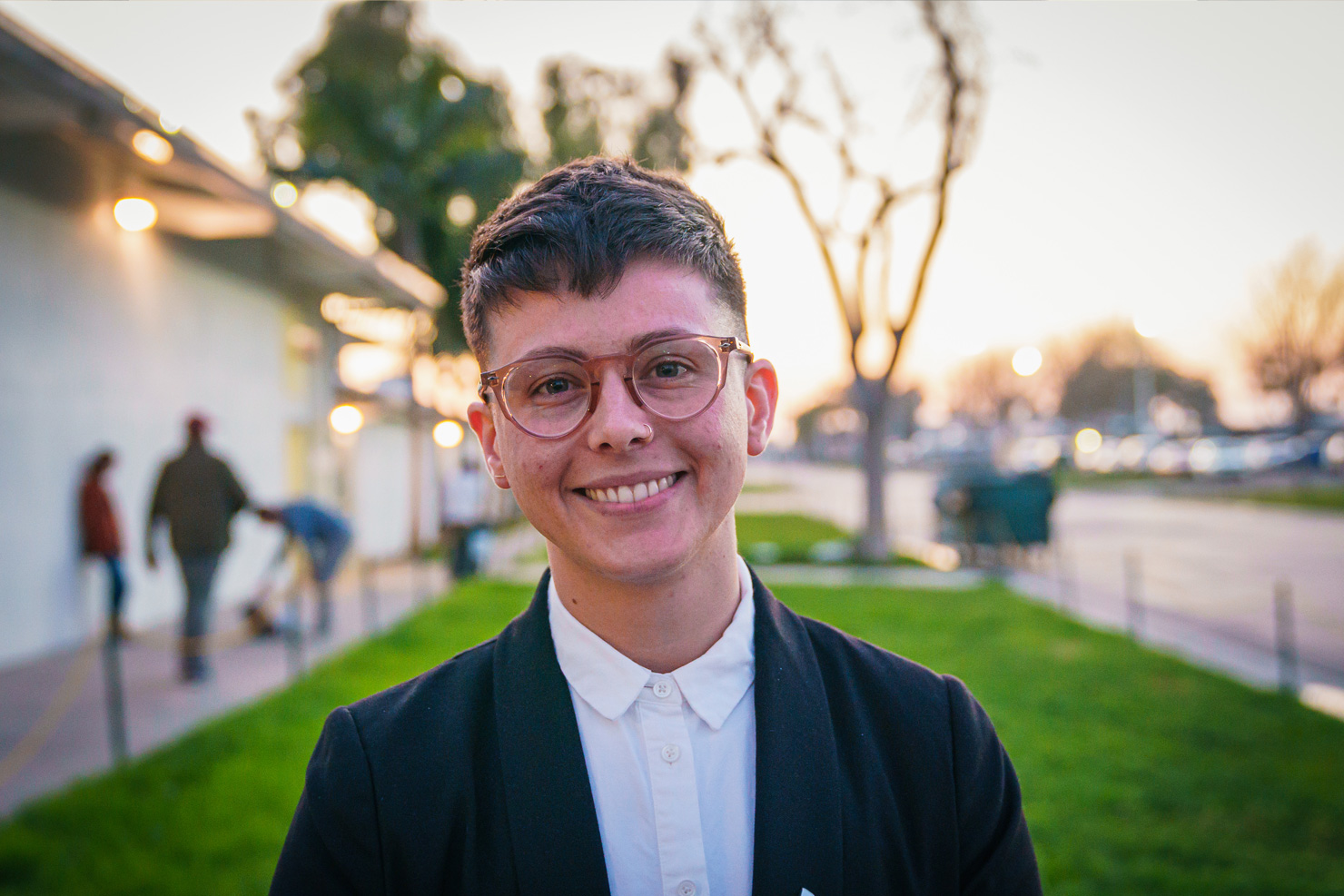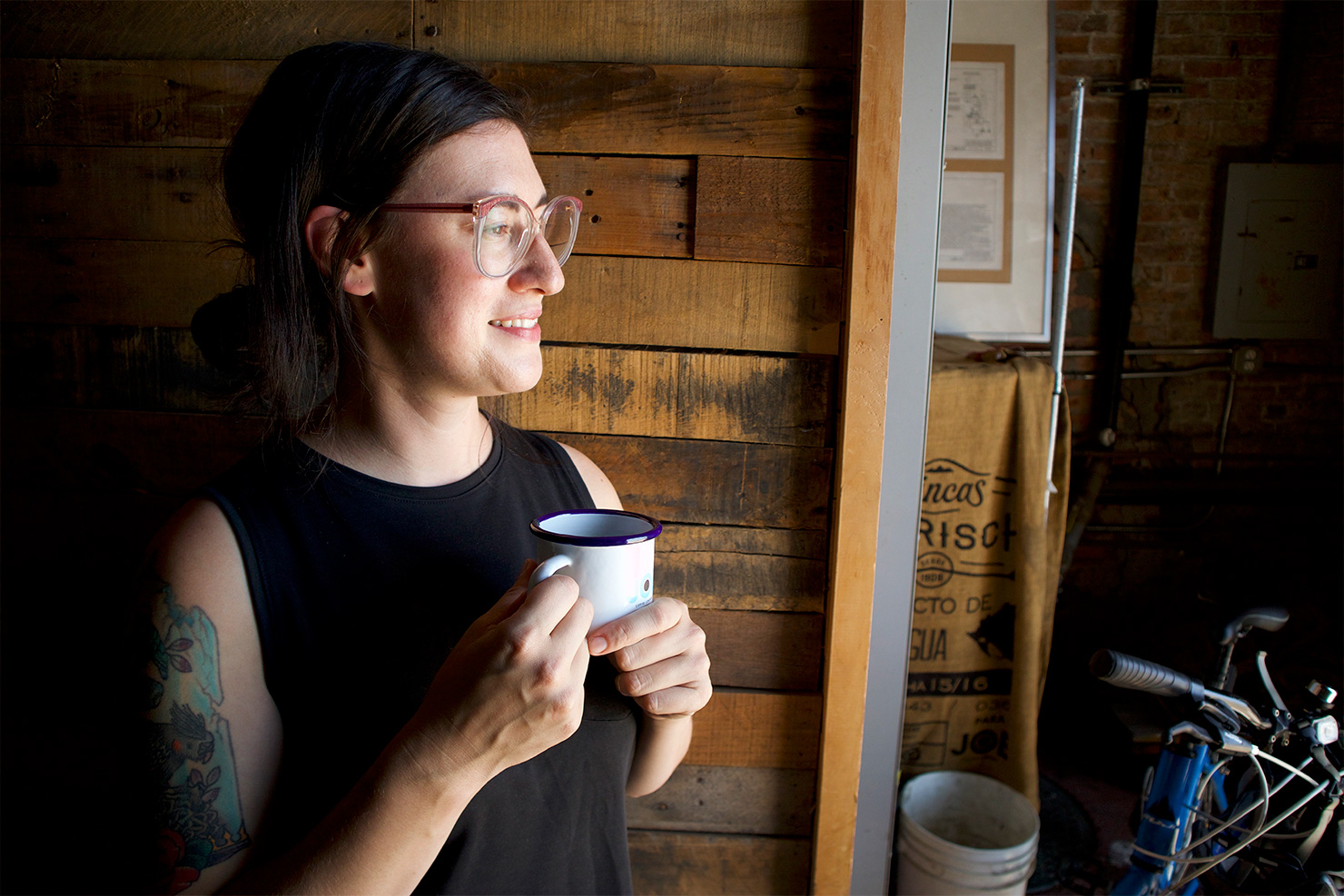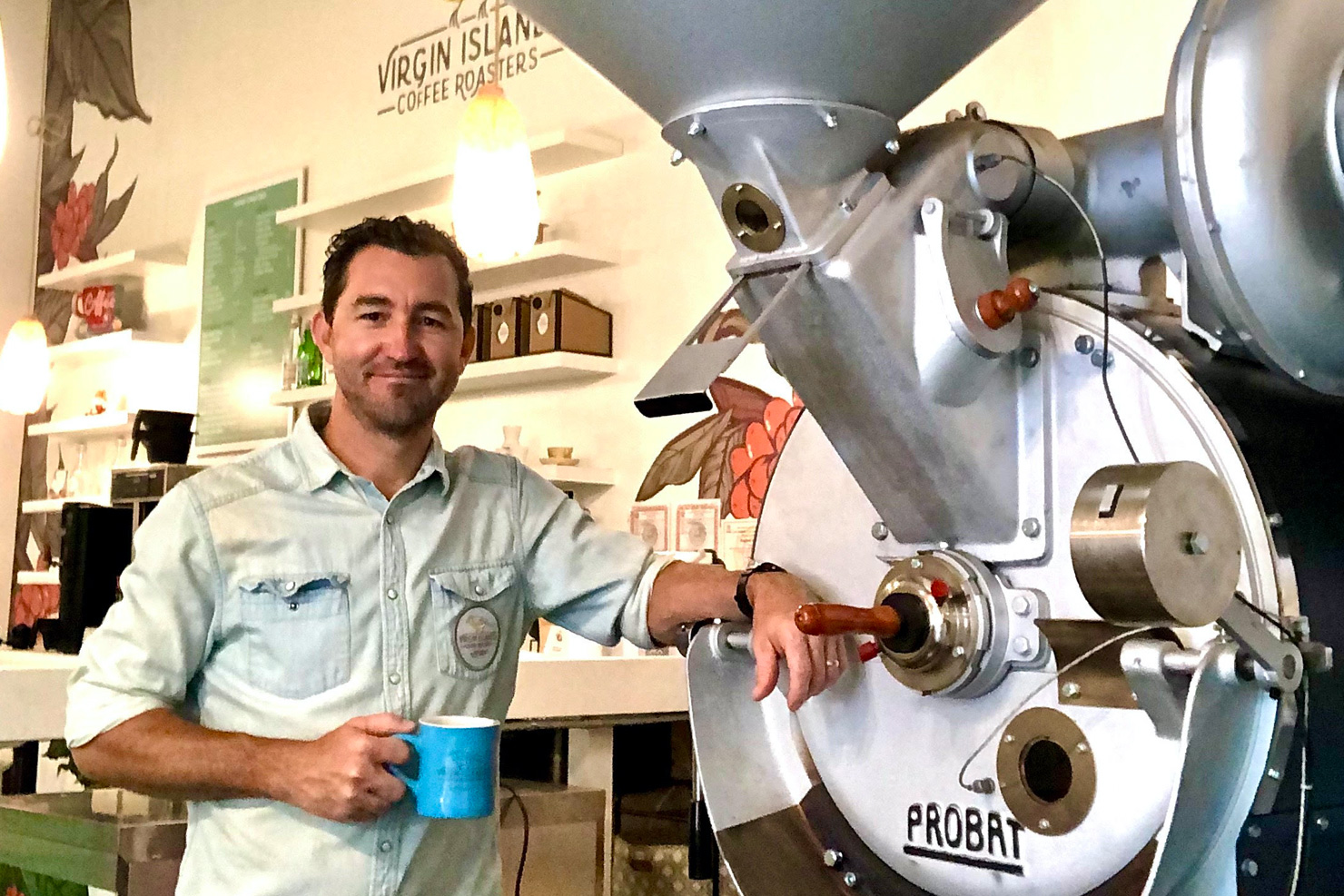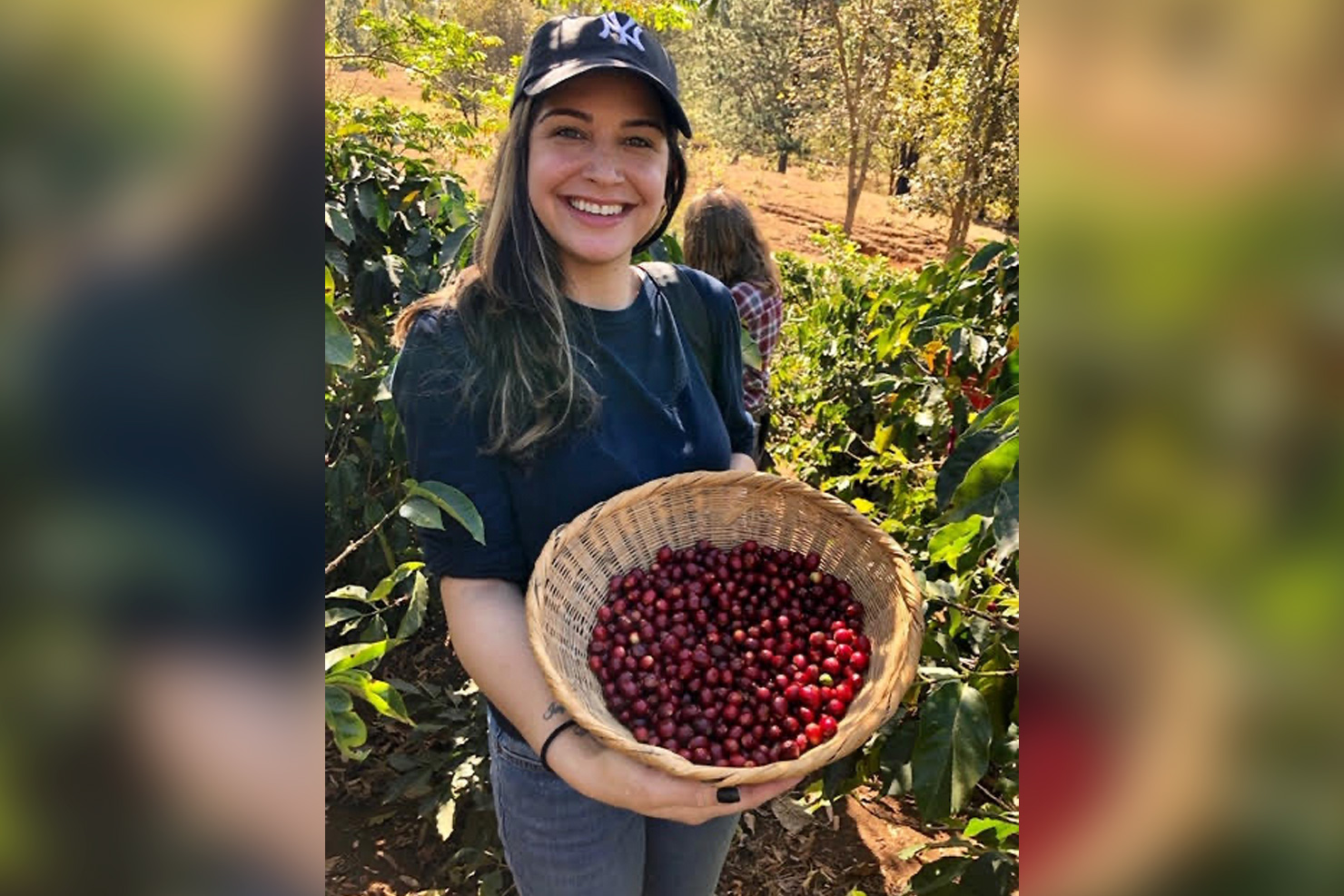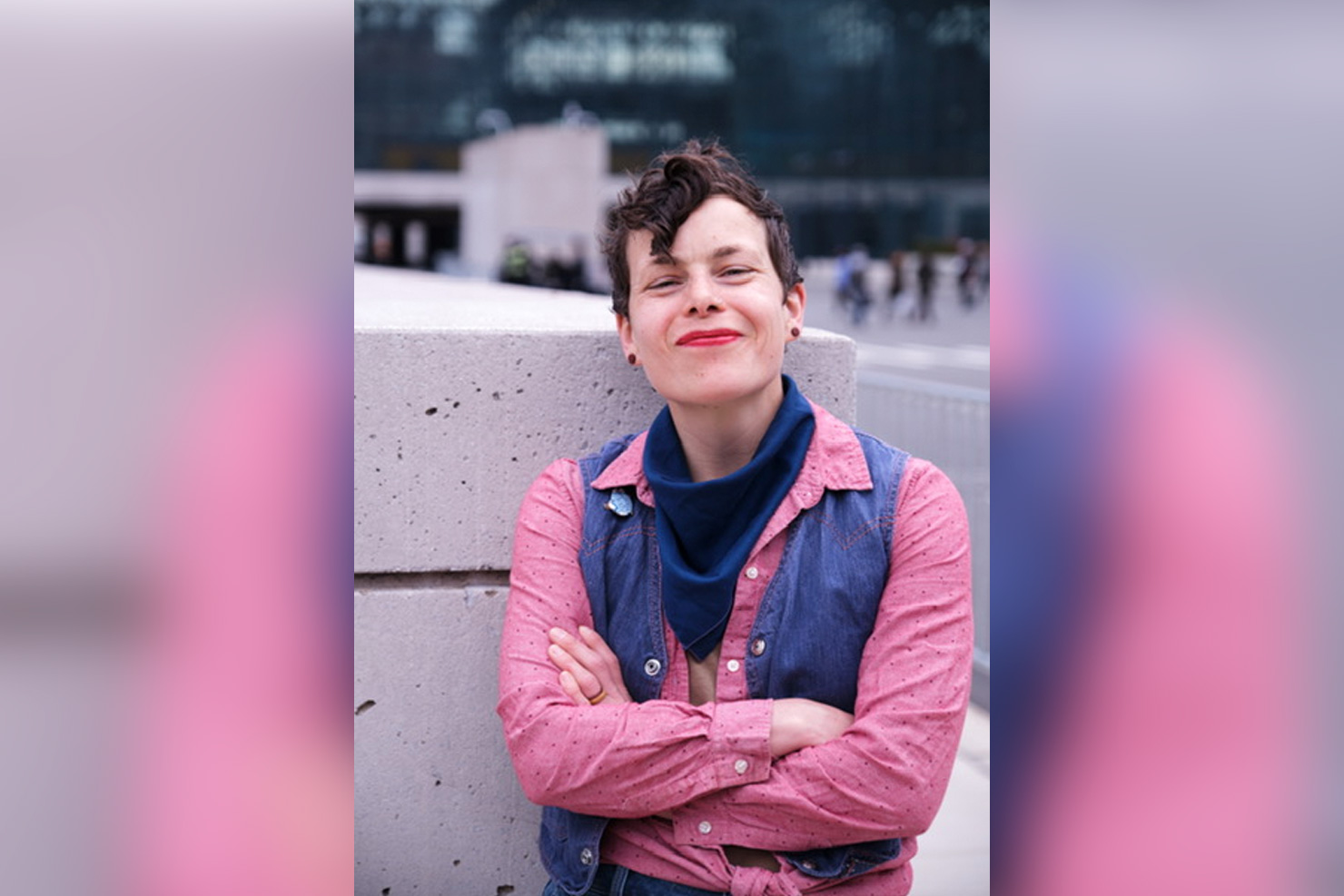Here we are, nearing the end of a 2020 without comparison, reflecting on the stuff that’s mattered to us throughout the year. When the second annual edition of The Sprudge Twenty (presented by Pacific Barista Series) launched in January, the world was a very different place. But through these long months across an endless year, time and again we’ve returned to these stories, and the people behind them, as an ongoing source of human connection and understanding.
At the onset of this year’s class we set out looking for twenty people who were changing the world of coffee; little did we realize the world would be changing right alongside us. This annual leadership initiative, produced in partnership with Pacific Barista Series, is built to honor and amplify leaders in the specialty coffee industry. That’s the funny thing about leadership: it calls on you in good times and bad. It doesn’t take a week off, much less a summer. Our goal with The Sprudge Twenty is to identify and uplift the voices that matter in the worldwide coffee industry, and to center their stories for the entire industry to learn and grow.
That includes us. We, the humans who publish this website, learned a great deal from our 2020 class, and today we’re going to share with you a few of our favorite moments from this summer’s interview series. We’ll also be sharing these stories again in the coming days, as the year finally comes to a close.
It has been our distinct and recurring privilege to publish these stories for you. Let’s take a look back at some of the best of it.
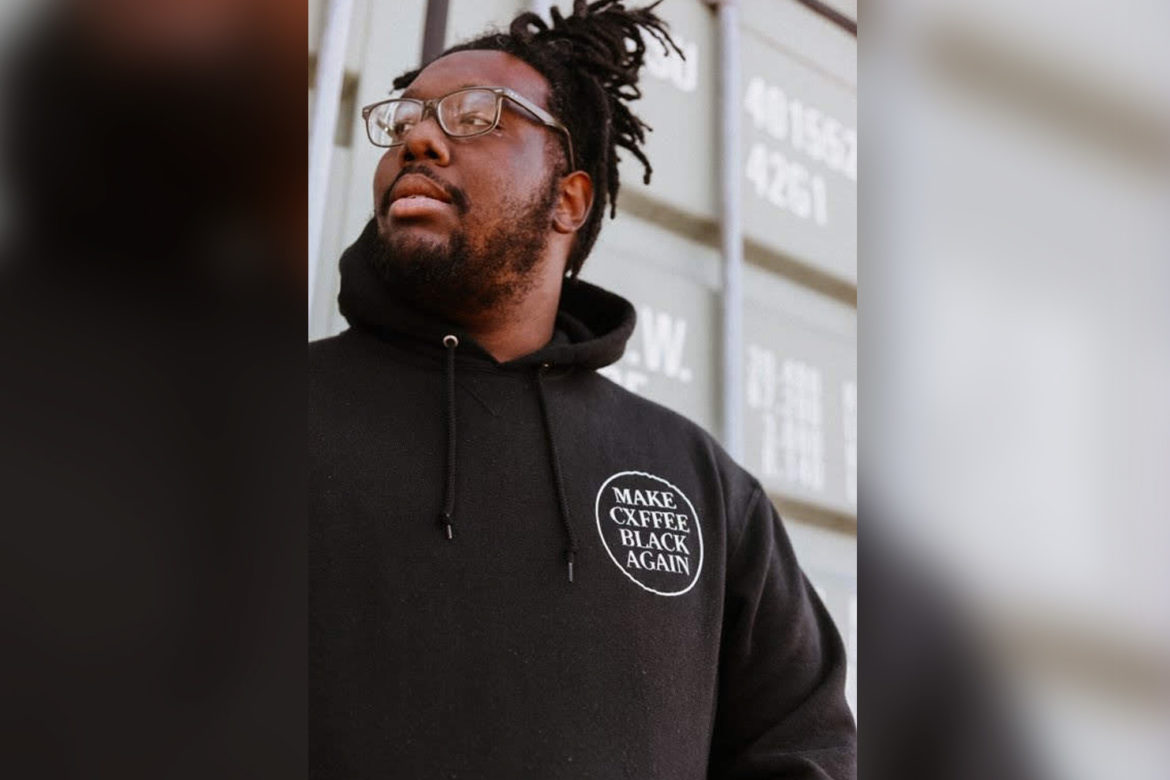
From Bartholomew Jones: The Sprudge Twenty Interview, published July 21st 2020, nominated by Cameron Heath.
What issue in coffee do you think is critically overlooked?
For us, it’s the issue of Black people and specifically Black businesses and entrepreneurs doing business together across the diaspora. It’s interesting to me how people can love single-origin coffee and ignore single-origin people.
A lot of times, third wave coffee shops end up moving into Black and brown neighborhoods and doing business as if they’re in a white neighborhood. They don’t look or see their business as a means of participating in the community. They do business in spite of the community instead of with the community. And they’re missing out on income when they do it and participating in the eradication and erasure of a lot of the identity of these neighborhoods. We’ve done events at shops before, hip hop events—everything for us is coffee reimagined from a Black perspective—and people from the neighborhood will come to the show, which is great, but you can visually see other people who are used to going to this coffee shop being very uneasy with the neighborhood taking part. It’s like, “Why is this visibly poor Black person around me?”
I’m not interested in bashing or being mad but it’s very problematic when you look at the understanding of what they’re participating in. You are participating in a Black discovery when you drink coffee. You have to acknowledge that and understand that you’re dealing with Black people along the way. But people seem so surprised. Coffee, like many other things, has been colonized. When things are colonized they lose their identity and losing your identity is dehumanizing. In slavery, people lost their names. You received a new identity given by your colonizer. That’s a big part of the X in our name, Cxffeeblack—Malcolm X and others in the Nation of Islam wanted to take back their names and use X to represent a link to their identity. That’s what we want to do with coffee—let people interact with coffee from a Black identity.
It’s often overlooked. People drink coffee without acknowledging the Black roots and history and the Black future of it, too. And that’s important. It’s not only a Black history in coffee but also a Black future. We have to realize by participating in the present we’re part of this journey that has an undeniably Black destination.
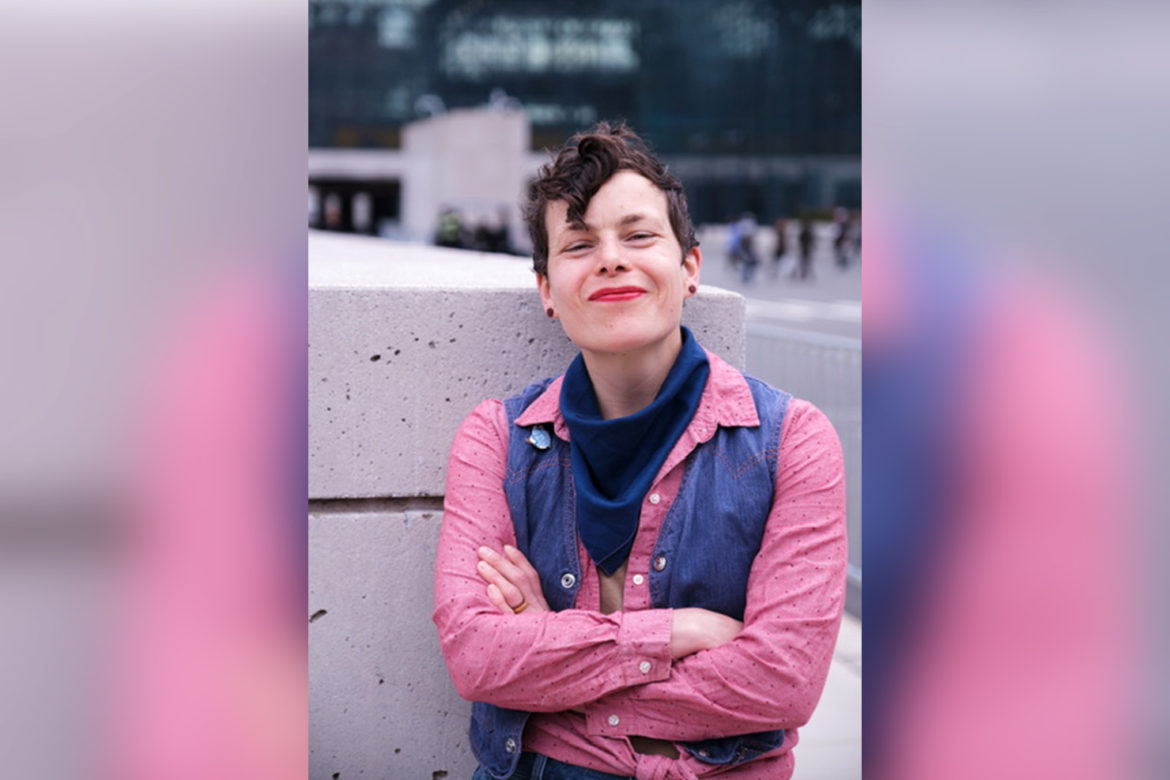
From Ever Meister: The Sprudge Twenty Interview, published July 27th 2020, nominated by Jenn Rugolo.
What do you see as coffee’s role in the ongoing struggle for civil rights and racial equality?
Coffee is and always has been political, whether or not we want to accept it. Its very origins are based in brutal colonialism and relentless imperialist capitalism, and despite the advances that have been made in the industry around the world, the coffee sector at large is still affected by the roots of that history. I think that gives specialty coffee in particular a unique opportunity to be part of the active dismantling of racist, imperialist, ruthlessly capitalistic systems that have encouraged and scaffold its growth. This segment of the marketplace was designed as a response—as a slap in the face!—to commercial, commodified, cheap coffee, and we have it within our power to continue to shift the paradigm of how things are done. Specialty coffee has the most brilliant and creative thinkers, has fostered the most out-of-left-field solutions, and has the guts and grit to enact real and lasting change, if we can come together to do it. I believe we can—it will take a lot of work and a lot of honest self-reflection, but I believe that specialty coffee can be a more equitable, fair, empowering, positive force in the world. I genuinely do.
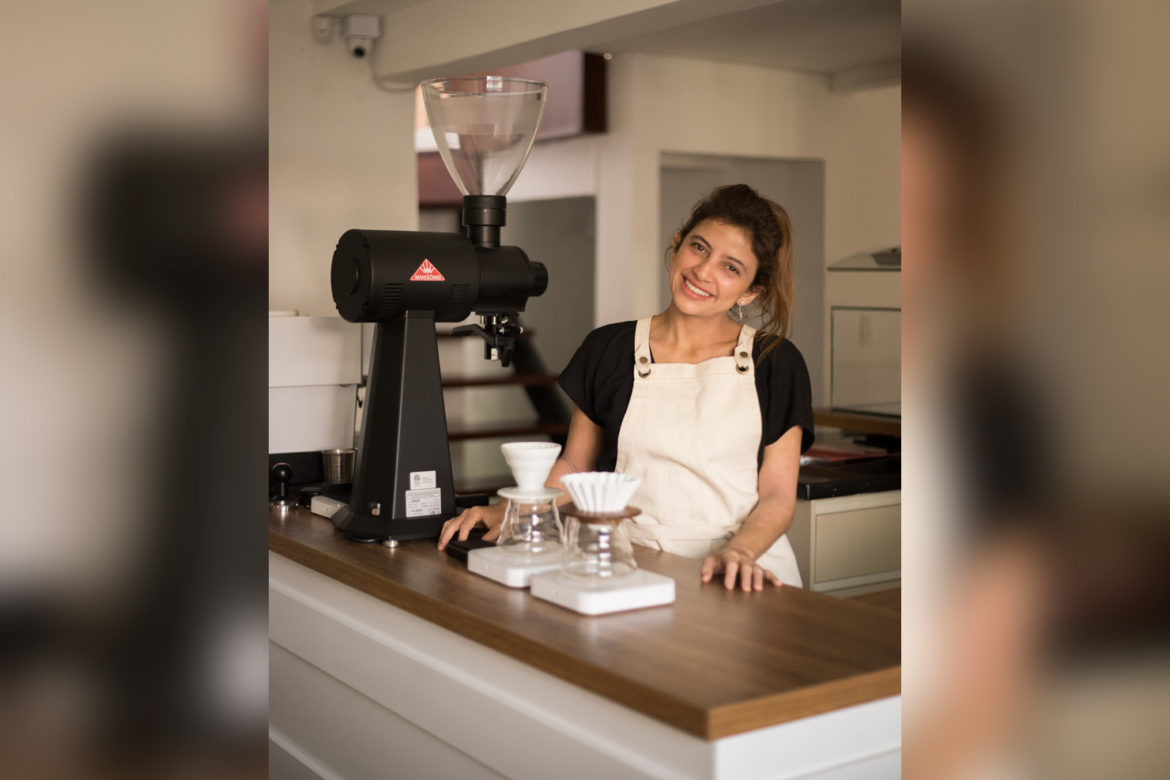
From Angie Katherine Molina Ospina: The Sprudge Twenty Interview published July 14th 2020, nominated by Paul Kevin Doyle.
What issue in coffee do you care about most?
The fair remuneration of the entire value chain. I’m constantly watching the dynamic of the industry from the producer perspective but also from the business owner’s perspective and I think that in order to keep healthy relationships with our producers and clients, we have to be transparent and fair in what part of the cake we are getting. Every person involved in the process of producing, selling, and making a cup of coffee deserves to be fairly remunerated for their job, which is not always the case. Through our company we’ve been trying to make things a little bit different, which has allowed us to find the right partners in order to move forward together.
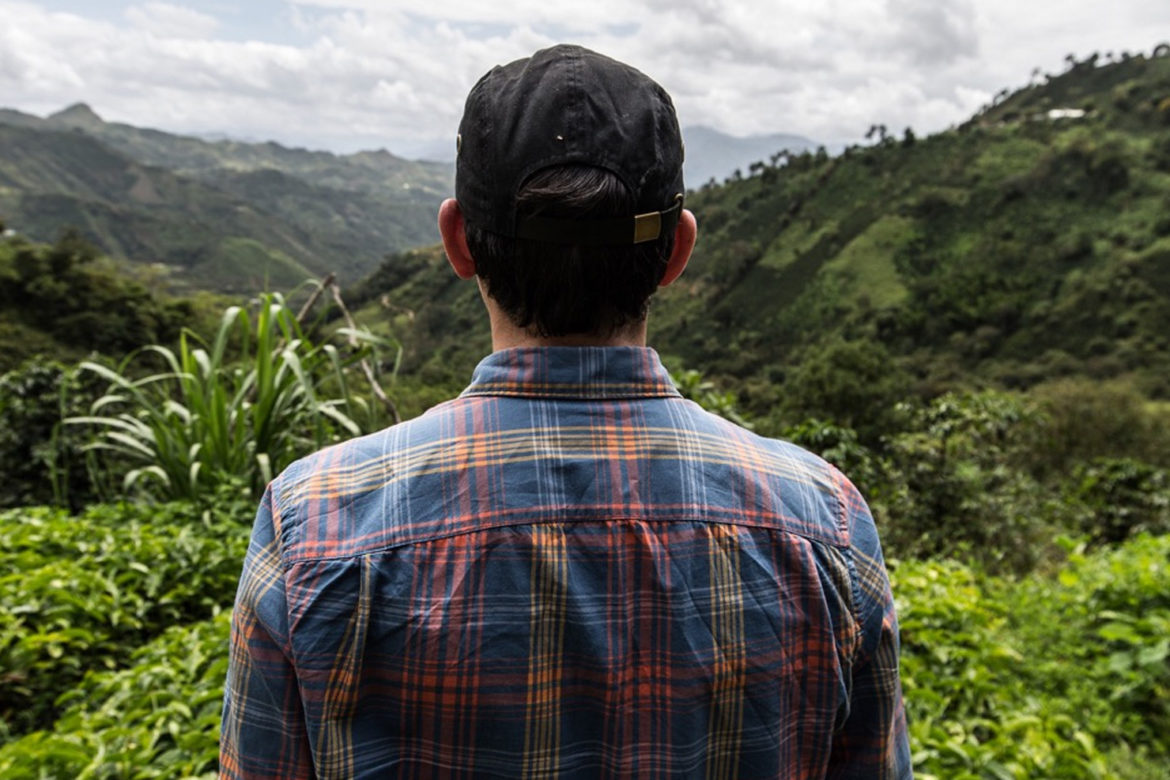
From Oliver Stormshak of Olympia Coffee Roasting Company: The Sprudge Twenty Interview published May 14th 2020, nominated by Richelle Parker.
What’s your favorite coffee at the moment?
Ethiopia Gola. I’ve been working with Desta Gola, a single producer in Wenago Yirgacheffe, for a number of years now, but this is the best harvest yet, and honestly, the only difference is storing the coffee in Grain Pro bags that we provided to help with the longevity. It’s a total success story of putting all the dots together and creating solutions that makeup one of the best coffees you’ll ever drink.
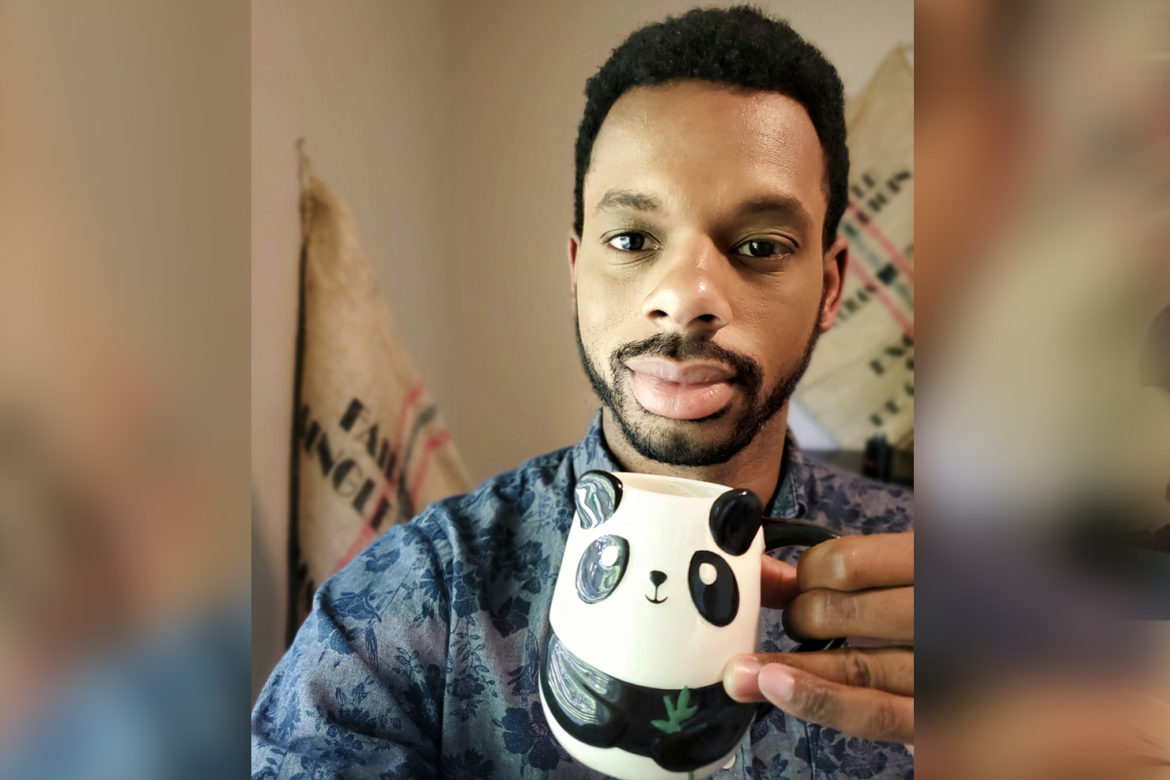
From Jake King: The Sprudge Twenty Interview published May 21st, 2020 nominated by Connan Moody.
What is your idea of coffee happiness?
My idea of coffee happiness would have to be a clean and safe space for everyone to share their favorite cup of coffee with their friends.
If you could have any job in the coffee industry, what would it be and why?
I would love to continue growing GYST into a platform that helps growth for coffee professionals across the supply chain.
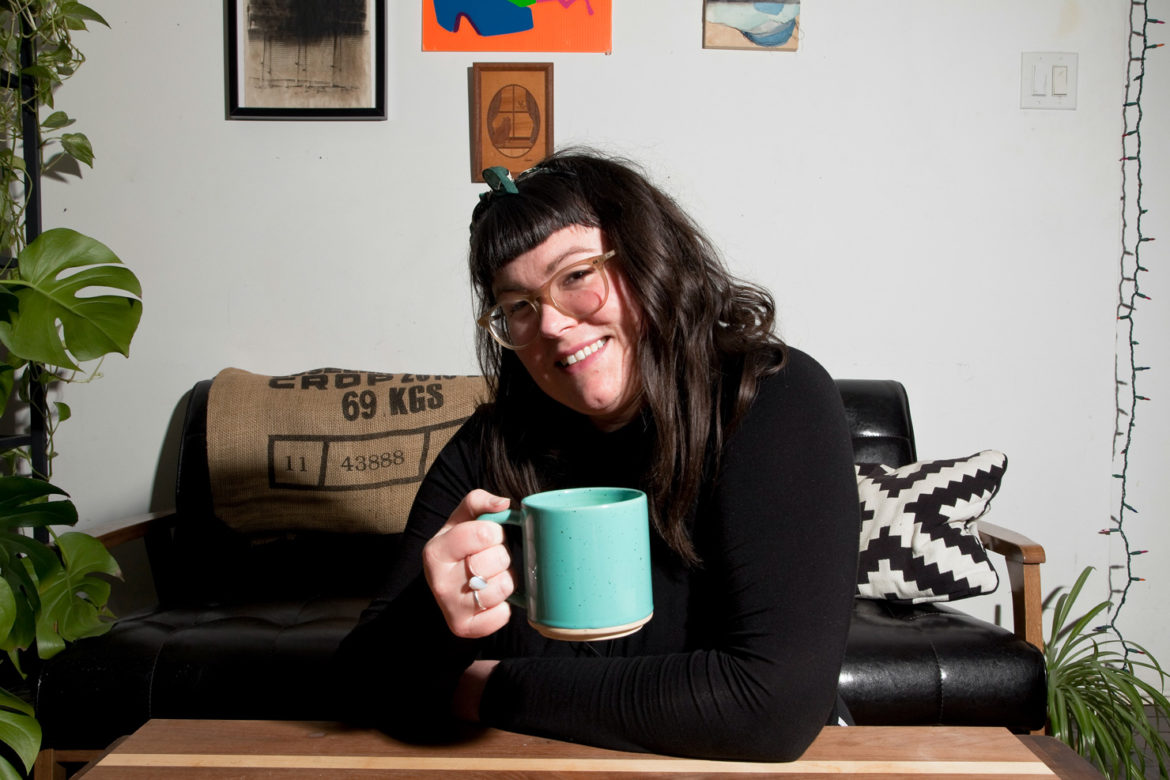
From Kendra Sledzinski: The Sprudge Twenty Interview published May 26th 2020 nominated by Kayla Baird
What issue in coffee do you care about most?
Equal access to education, resources, and professional development and opportunities. The industry is incredibly complex with lots of moving parts and many issues more critical than this, but I say it because it’s within my immediate reach. So many coffee professionals start as baristas. I think back to the days when I subscribed to some elitist coffee thought and language, and I cringe when I think of it.
These days, I want to use my experience as a trainer and educator to empower people with the knowledge they can grow with. This means promoting diversity and giving someone who is only working in coffee because it’s the job they have just as much attention as someone who wants it as a career. It also means listening. I stayed interested in coffee early on in my career because I was lucky to have managers and leaders who took me and my curiosity seriously and encouraged me to grow and learn. When I was training baristas, I would tell them that regardless of how long they occupy the role, knowing how to make coffee well is a valuable (and employable) life skill. I had the time of my life as a barista made easier by safe, healthy, and supportive work environments. Because of that, it’s important to me to help others have a positive experience working in coffee, too.
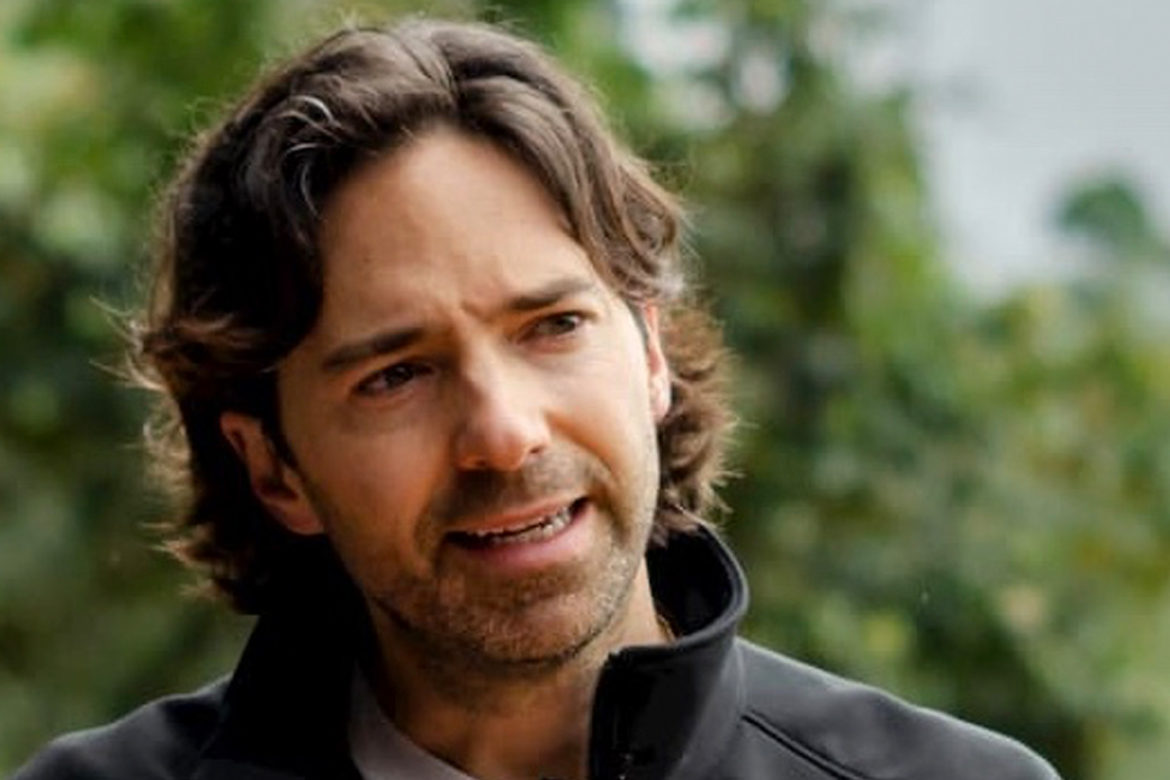
From Felipé Sardi: The Sprudge Twenty Interview published July 7th, 2020 nominated by Clementine Labussiere.
If you could have any job in the coffee industry, what would it be and why?
I would love to continue being a coffee producer. As a producer I am constantly in contact with nature, working with and for it, and enjoying every minute of my day.
Who are your coffee heroes?
Small-scale coffee farmers around the world.
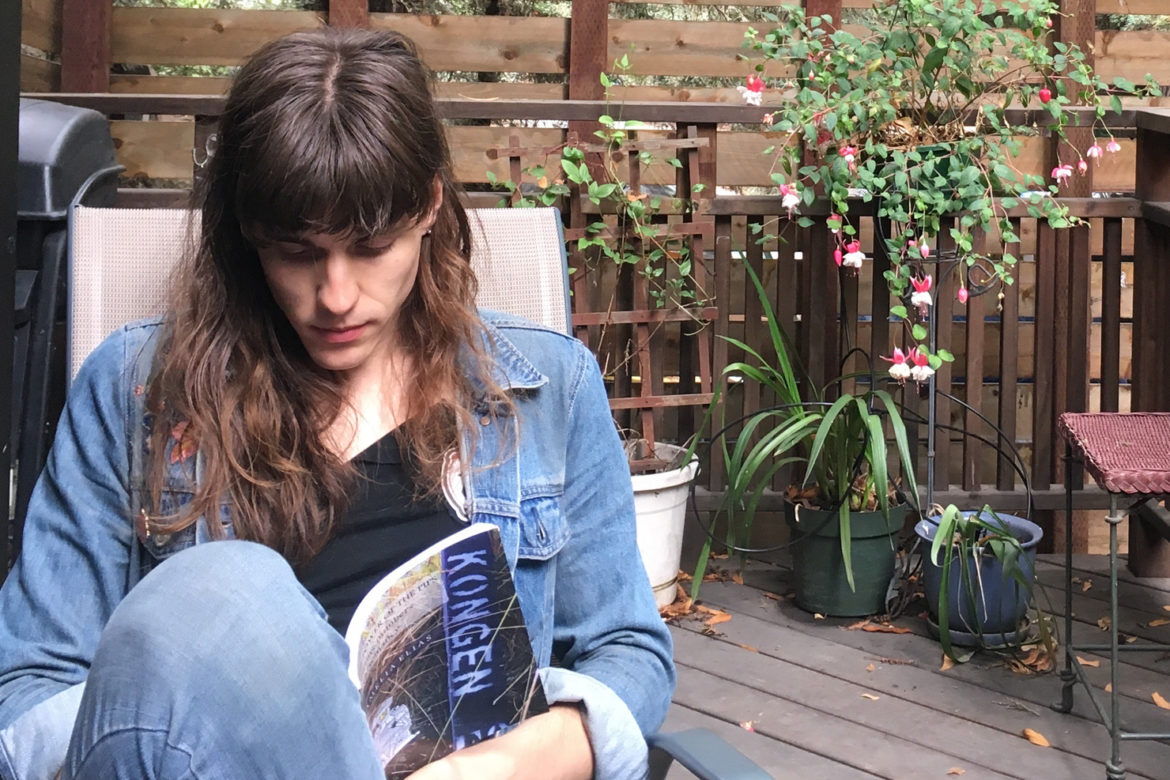
From Ellan Kline: The Sprudge Twenty Interview published May 19th, 2020 nominated by RJ Joseph.
What issue in coffee do you care about most?
Ellan Kline: Addressing any specific issue in coffee is a straw man to distract us from the absolute catastrophe that is capitalism. For example, insuring that producers (including migrant labor) are actually paid appropriately for the work and resources put into producing coffee rather than the quality of the final product in a sustainable way means that rent—not rent rises—need to be capped in proportion to a living wage for both commercial and residential property in areas where coffee is consumed. That’s just one example of how everything is interlinked in a way that prohibits simply addressing individual issues.
What cause or element in coffee drives you?
I want to make people’s lives better by supporting their empowerment. As an educator, I strive to create spaces that allow people to feel comfortable with play and failure because that’s how we grow.
What issue in coffee do you think is critically overlooked?
I think we’ve spent too much time as an industry focusing on individual issues rather than looking at the gestalt and addressing root problems. We need to shift our focus from individual representation to dismantling supremacy structures, from focusing on what individuals are paid to global financial equity.
Nominations for the Third Annual Sprudge Twenty will open in January 2021. Check back for updates and sign-up for our newsletter for the latest.
The Sprudge Twenty is presented in partnership with Pacific Barista Series.








